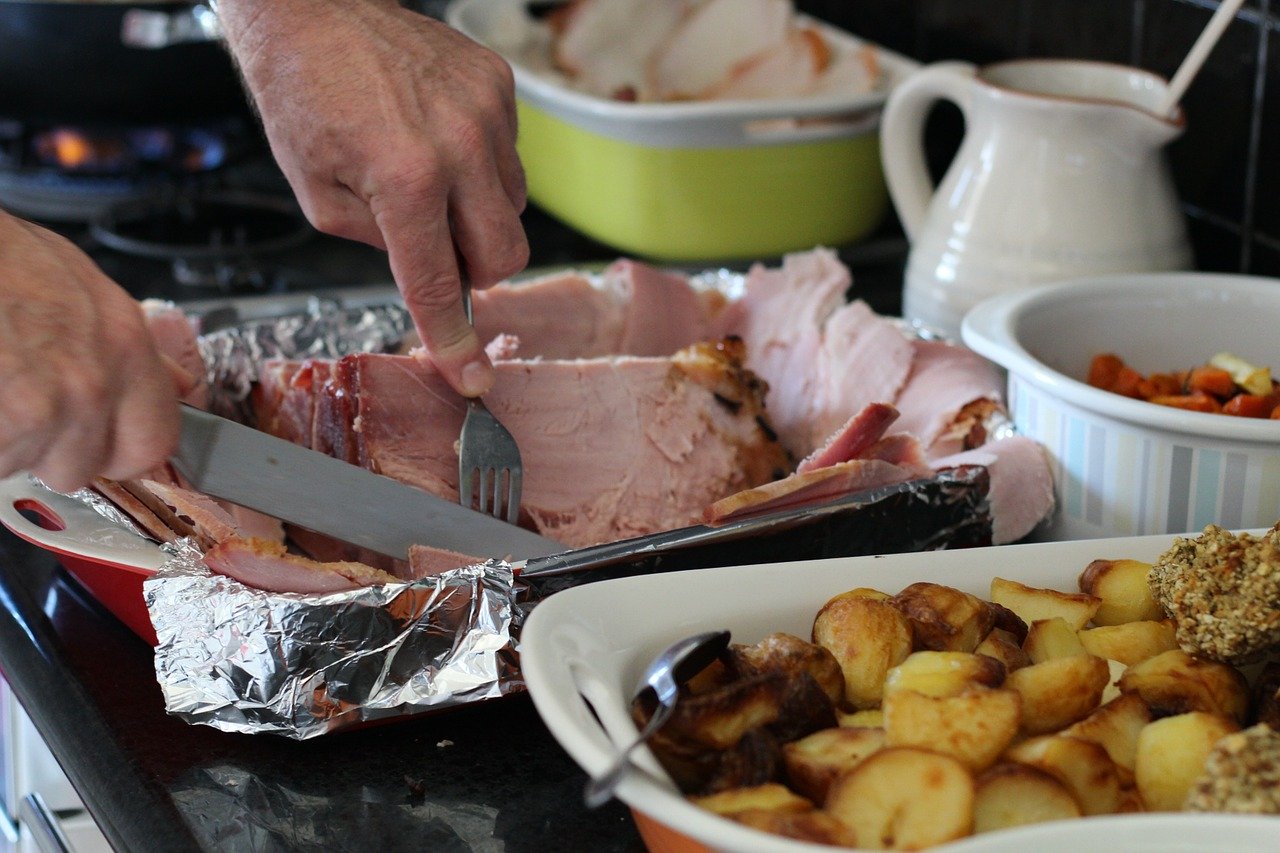The holiday season can be an emotional mixed bag. A magical time of connection with family and friends can quickly devolve into stress and anxiety when challenging relationship dynamics emerge. If you are a person who has a difficult relationship with food or weight, that can amp up the stress even more. Intuitive eating can provide a solution however.
Holidays often center around food: Planning, preparing, eating and expressing gratitude for food are standard fare. Discussions about food, weight and diets are sure to be at the holiday table. “I’m sure I’ve gained 10 pounds from this meal!” “I really shouldn’t have that whipped cream.” You know the drill.
If you have a strategy for working with your relationship with food, holidays can scatter your routine and leave you vulnerable to feelings and behaviors you might not normally experience. This discussion may help you begin changing your orientation to food and weight and make the next holiday meal more enjoyable.
Ditching the Diet Mentality
Contemporary approaches to body, food and weight problems emphasize emotional and physical health rather than weight loss or will power. A diet-centered strategy can increase your chances of gaining weight. This may feel counterintuitive given the pressure college students feel to conform to a socially prescribed body size and shape.
The practice of intuitive eating doesn’t include dieting. The idea is, when your relationships to food and your body are healthy, you won’t tend to overeat and will naturally move toward better physical health and weight. The approach is believed to promote lasting change and eliminate the yoyo diet pattern that often develops in diet-centered approaches to eating.
Understanding Hunger
Eating certain foods can masquerade as a way to cope with unpleasant emotions. Actual, physical hunger is different from hunger driven by emotions. Physical hunger occurs when your physiology requires nourishment for energy. Emotional hunger can lead to overeating and even disordered eating. Emotional eating does not heal our emotional wounds but rather delays the opportunity to do so.
How do you tell if you’re emotional eating? If you are craving comfort food, that may be a sign that emotions may be driving your hunger. Physical symptoms like stomach emptiness or fatigue can signal real hunger. Authentic hunger is satisfied by almost any food, whereas emotional-based hunger is often insatiable and results in feelings of guilt or shame.
Practicing Intuitive Eating
There is no better time than the holidays to introduce a new attitude about food. Whether you’re going home on a break from college or hosting a big meal yourself, you can prioritize a healthier relationship with food.
Developing a positive relationship with food generally requires dismantling patterns you have had since childhood, so it may require some patience. These three basic principles of intuitive eating may help you decide if you want to give it a try.
— Eating Mindfully: Cultivating the ability to sense when you’re hungry or full means slowing down. In the spirit of truly “watching what you eat,” really tasting each bite of your holiday meal can help you appreciate it as nourishment and cue you when you are full.
— Neutralizing Your Relationship with Food: Food is meant to taste good and nourish your body. If you can begin viewing holiday feasts as just another meal, it may help avoid the build-up of anxiety associated with special meals. A life of restricting and controlling food can give food power it doesn’t actually have. If your religious holidays require fasting or feasting, this belief system can be even more complicated.
— Honoring True Hunger: When you develop the ability to notice an authentic call from your physiology to nourish itself, you are more likely to eat just what your body needs. Depriving yourself of food even though you feel hungry actually can promote overeating. The idea is to let go of restricting food when you are authentically hungry. When the stuffing comes around again, you can learn to let your true hunger make the best decision. If you’re truly hungry, have seconds. If you aren’t, don’t.
It may seem challenging to merge Intuitive eating and Thanksgiving or Hanukkah, but the holidays are actually an especially good time to learn the practice because the false power given to food is on full display. While the basic principles of this useful approach may contradict your current beliefs about food and weight, you may be surprised at the results if you try it.
Making Practical Changes
With the holiday season at the door, it’s a good idea to begin noting how you feel when you think about food and when you feel hungry. Begin developing a habit of focusing less on what and how much you eat but more on when you eat and how you feel. When you do eat, slow down the process by chewing slowly and noting the flavor of the food.
Another practice that can help is a hunger continuum. Begin rating your hunger on a scale from one to ten. One is starving and ten is uncomfortably full. Hungry and satisfied are in between. The goal is to become accustomed to eating somewhere in the hungry range. Waiting until you are starving can lead to overeating. Emotional factors are often at play if you are eating in the higher range of the scale.
Dieting is known to lead to weight fluctuation and often results in more gaining than losing. Intuitive eating is meant to help you cultivate awareness and improve your relationship with food, eating, and your body. It is a holistic approach geared toward a better quality of life. You may find you can turn a once-dreaded holiday meal into the start of a new belief in yourself and your relationship with nourishment.
















